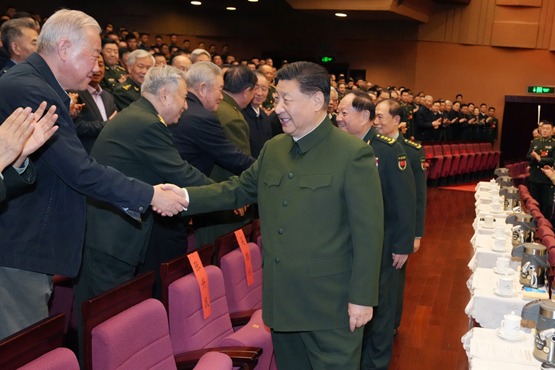Private sector given support to 'grow, thrive'


China will make further efforts to enable private entrepreneurs to grow and thrive, and the country's private enterprises will enjoy a better environment and broader development space, Premier Li Qiang said on Monday.
The nation will continue to foster a market-oriented, law-based market environment in keeping with international standards, treat companies of all types of ownership as equals and protect the property rights of enterprises as well as the rights and interests of entrepreneurs in accordance with the law, Li said. He was speaking at his first news conference as premier following the conclusion of the first session of the 14th National People's Congress, China's top legislature.
Noting that the country has a supersized market with huge demand and a lot of new untapped sectors, Li said that all these factors promise great opportunities for private entrepreneurs.
The country will also create a level playing field for all kinds of market entities and make further efforts for entrepreneurs to grow and thrive, he added.
Ni Kai, founder and CEO of Holomatic, a provider of autonomous driving solutions, said that the company was greatly inspired by Premier Li's remarks, as intelligent vehicles are an emerging sector with huge demand as well as development potential for private firms.
"As a private startup, we are encouraged to continue leveraging our technological prowess in integrating self-driving software and hardware to seize new development opportunities, and to help boost China's innovative ability on the global stage in the future," Ni said.
The premier stressed that China's policies on the private sector have always been consistent.
The country has been unswervingly consolidating and developing the public sector of the economy, while at the same time unswervingly encouraging, supporting and guiding the development of the nonpublic sector, he said.
Such a policy is a long-term one that hasn't changed in the past and will not change in the future, he said.
Li also emphasized that government officials at all levels must sincerely care for and support the development of private enterprises, make friends with them, build clean relations with them, and take the lead in promoting a culture of respect.
Qu Yongyi, a researcher at the Chinese Academy of Social Sciences' Institute of Industrial Economics, said, "Such remarks once again reaffirmed that supporting the development of the private economy is not a stopgap measure but a long-term vision, which will greatly stabilize the confidence and expectations of private entrepreneurs."
According to the Ministry of Industry and Information Technology, private companies last year contributed about 50 percent of the country's tax revenue, 60 percent of GDP, 70 percent of technological innovation and accounted for 80 percent of urban employment.
Data released by the All-China Federation of Industry and Commerce, which serves the private sector, show that the number of private enterprises in China rose from 10.86 million in 2012 to more than 47 million last year.
Wang Peng, a researcher at the Beijing Academy of Social Sciences, said: "With better expectations, private companies, which have been a driver of the nation's economic growth and innovative development, will make bold moves for business. This, in turn, will drive economic recovery as well as the steady development of many sectors over the long term."





































